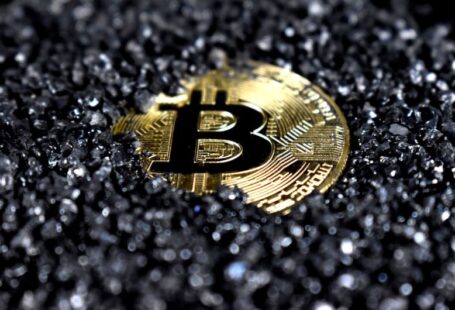DeFi, short for Decentralized Finance, is an umbrella term for the entire world of financial services and products that are built on top of blockchain technology. It is a broad term that encompasses a range of crypto-based financial services, from asset management and lending to trading and derivatives. Despite its infancy, DeFi has already become a viable alternative to traditional finance.
What is DeFi?
At its core, DeFi is a suite of services and products that enable users to access financial services on a decentralized network. This includes everything from digital currencies and tokenized assets to derivatives and loans. It is an open-source platform which allows anyone to build and use dApps (decentralized applications) in order to access these services.
Unlike traditional financial systems, DeFi is powered by blockchain technology. This enables it to offer a range of advantages over traditional finance, such as improved security, transparency, and trust. It also provides access to services that are not available in traditional finance, such as decentralized exchanges and tokenized assets.
Benefits of DeFi
The biggest benefit of DeFi is its ability to provide financial services without relying on any centralized authority. This means that users are able to access services without having to trust a third party. It also allows users to remain in control of their own funds, as they can easily transfer funds between different platforms without having to go through a central authority.
DeFi also offers a range of other benefits, such as improved security, transparency, and trust. It also enables users to access a wider range of services, including tokenized assets and derivatives. Furthermore, it allows users to access these services from anywhere in the world, as it is not geographically confined.
Challenges of DeFi
Despite its advantages, DeFi does come with a number of challenges. One of the biggest challenges is its complexity, as users need to understand how to interact with the various protocols and platforms in order to access services. Furthermore, the lack of regulation and oversight means that users are exposed to a greater risk of fraud and other malicious activities.
Another challenge is the lack of liquidity in some markets, as there may not be enough buyers and sellers to support a healthy market. This can lead to high fees and slow transactions. Furthermore, DeFi is still in its early stages, and its long-term viability remains uncertain.
Despite these challenges, DeFi has the potential to revolutionize the financial industry. With its ability to offer a range of services without relying on any centralized authority, it can provide access to financial services to anyone, regardless of their geographical location or financial status. As the technology continues to improve, DeFi is likely to become an increasingly important part of the global financial system.





